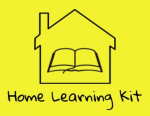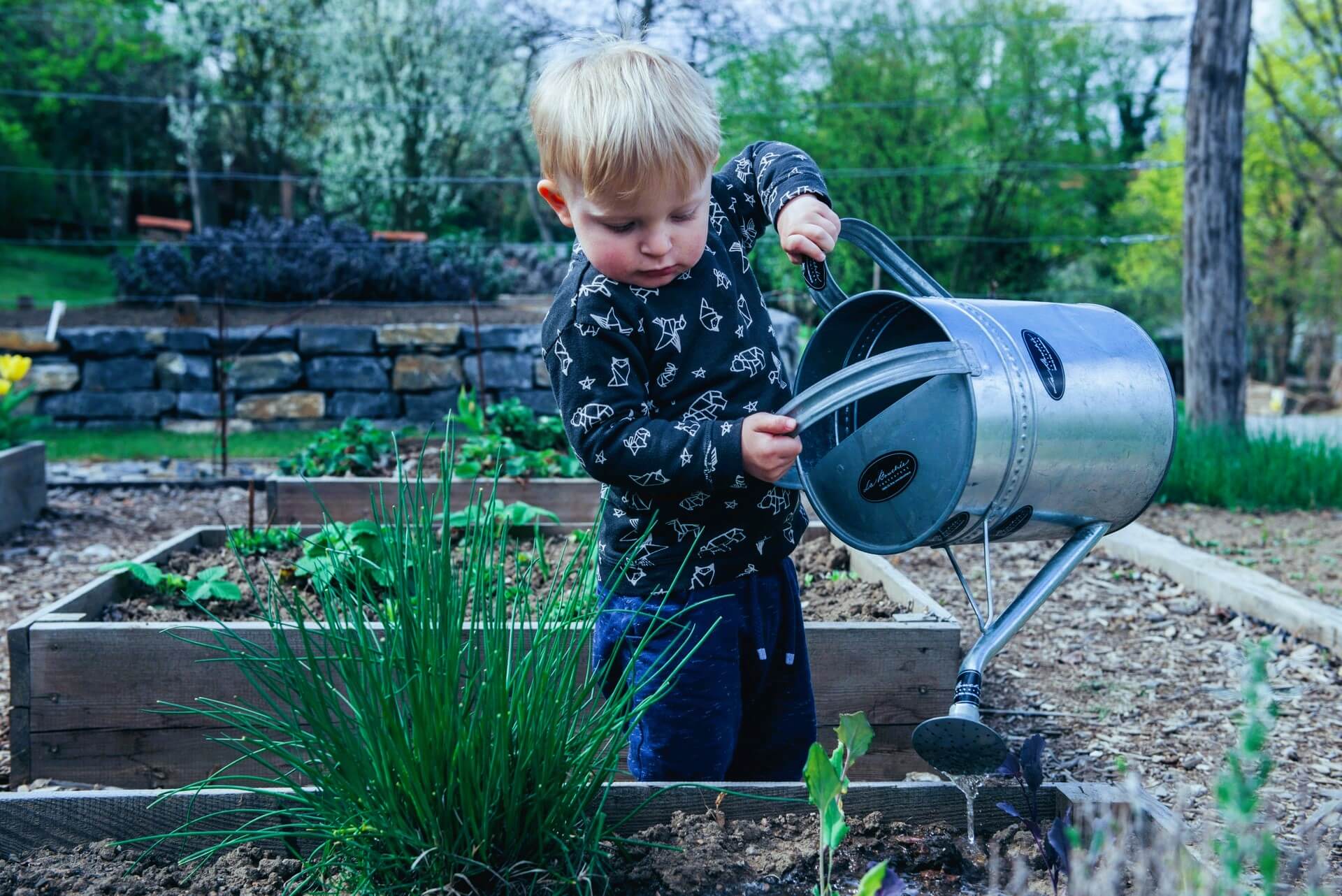Unschooling tends to have a bad reputation, especially among ardent supporters of traditional schools. As with most things, there are pros and cons when a family decides to unschool. In our opinion, unschool concepts can work wonderfully in your homeschool, especially as a complement to a homeschool curriculum.
What Does it Mean to Unschool?
The concept of unschooling is commonly attributed to by educator John Holt in the 1970s. Broadly, it refers to informal learning that occurs naturally through everyday experiences and children’s natural curiosity. Instead of a traditional school setting involving structured lessons, curricula, and subjects, an unschool relies on play, household chores, and the child’s interests to guide learning. Parents who unschool may see several flaws in traditional schools such as:
- Teaching to a test rather than to practical skills
- Teaching a collection of facts rather than teaching problem solving
- Weakening the relationship between parents and their children, simply through less time together
- Unsupervised social groups
- Indoctrination of concepts the parents don’t agree with
Concepts
Learning to Learn
Unschoolers may argue that the structure of traditional schools quashes children’s innate curiosity and wonder. Instead, this desire to know more is replaced with a standardized set of facts and skills limited to what the school/government thinks is most important. However, if a child is taught how to use their curiosity to explore a subject, they will have a better understanding of how to learn in the future. This, in turn, will make them more successful when topics outside the standardized set of facts are presented.
Parental Involvement
Instead of taking the role of teacher, parents act as facilitators for their child’s learning. This means finding ways that daily activities like chores teach certain skills or information. This also means parents help research subjects their children are interested in and help children plan.
Natural Learning
Learning is a constant process, particularly with children. Unschoolers believe that letting this process occur out in the world (in nature and in the community) provides more educational opportunities.
Pros and Cons of Unschooling
Pros:
- Student engagement: If learning is based around what your child is interested in, they are going to be much more engaged in the topic.
- Time with family: As parents are guiding the process, they will spend much more time with their child.
- Interacting with more people: Unschoolers often reach out to many people for their expertise on different subjects to share with their children.
- Adapt to learning styles: School teachers usually don’t have the time to assess or cater to their students’ learning styles, but it’s possible in an unschool setting.
Cons:
- Lack of structure: It can be difficult to cover all necessary subjects if student interests are driving the lessons. Nearly all states require certain subjects are covered, and missing them can be a problem when it comes to college admissions.
- Hard work for parents: Unprepared parents won’t be able to get the most out of unschooling. It takes a good amount of work to prep valuable information for students without the support of a curriculum.
Wrapping Up
Can You Unschool in Your Homeschool? Absolutely! Unschooling can be a valuable part of your homeschool. We wouldn’t advise adhering to a pure unschool philosophy, however. As mentioned above, if a parent allows their child to dictate what will be learned at all times, it can be very difficult to meet state requirements for homeschool families. Instead, a combination of a homeschool curriculum with the general philosophy of unschooling added in can help create a fun and unique homeschool that still checks all the legal requirements for education.
Speaking of which, to help you make sure you’re meeting your state’s homeschool requirements, I put together a free state-by-state homeschool guide. It has a summary of each state’s laws for homeschool families as well as useful links to help make sure you don’t run into any problems. It’s yours for free when you subscribe to my email newsletter. You’ll also get updates with all our new posts with helpful info like you found here and fun learning games.
If you have any questions or would like reach me, I’m always available on social media. Find me at the links below!

